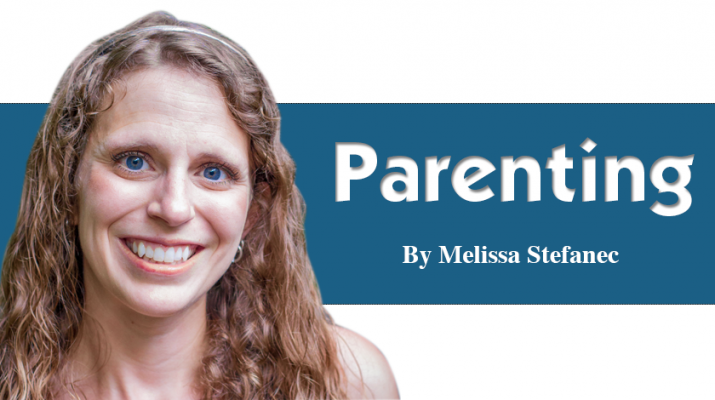By Melissa Stefanec
MelissaStefanec@yahoo.com
We are facing unprecedented crises. Between a global pandemic and global protests, 2020 is changing life as we know it. Most of us can agree that we aren’t comfortable with the way things are. There is a lot of anger and arguments. Things are coming to a head. We adults aren’t sure how to conduct ourselves.
Our dangerous dance
It’s a strange thing we adults do — we pretend to have it all figured out. This leads to anger and unproductive confrontations. If we admit we don’t have it all figured out (which, none of us do), we view it as a personal failure that needs to be concealed at all costs. We live in society where people pretend to be experts in everything at the risk of having their beliefs invalidated. It’s destructive and foolish. Yet, we all keep time to the dance.
Rekindling our passion for questions
People want answers. Definitive answers make us feel comfortable and safe. They give the illusion of security. Answers are our security blankets, but our figurative blankets don’t do us much good. They only make us feel better. They don’t change reality or do anything to effect change.
Quick answers aren’t going to move us forward as a society. We need to get back our basics. We need to remember the art of the question.
If you have children, you know precisely how comfortable children and young people are with asking “why” and “how.”
They realize they don’t have all the answers. They ask a lot of questions to make sense of the world around them.
They recognize that to grow, they have to seek knowledge. They have to ask others for input, facts and reflections. They take what they hear or read, analyze it and try to arrive at tomorrow a little smarter than yesterday.
What makes us adults think we have outgrown this? What makes us think we can name call and will ignorance all the way to solutions? When did we decide it is acceptable to say to ourselves, “I’m done growing,” “everyone else is an idiot” and “as long as I’m doing OK, I don’t care about you?” When did we lose our ability to grow through inquisition?
Dangerous lessons
Our know-everything and learn-nothing narratives teach our children some powerful lessons. We’re teaching them there will come a time when they can stop learning. One day, when they are bigger and self-righteous enough, they can pretend to know everything and laugh at all the fools who know so little.
That narrative makes me ill. It makes me frightened for the world we are perpetuating. It’s time for all of us adults to put some effort into growing up.
Putting the “grow” in “grown-up”
As a society, we have reached a point of reconciliation. Reconciliation is defined as “the restoration of friendly relations” or “the action of making one view or belief compatible with another.” Why are we so afraid to reconcile? Why are we afraid to exist in the complexities of reality?
This nation has been built on the blood, marginalization and exploitation of some human beings. No one who has read a history book can argue that. Yet, we resist that reality because this nation was also built on democracy, justice and individual freedoms for some human beings. Both of these realities are true. One doesn’t invalidate the other. Yet, our inability to reconcile hard truths keeps as from asking the tough questions that allow us to keep growing.
Our reluctance keeps us from asking things like, “is it true that I have worked hard for everything I have but also have privileges others were denied?” It keeps us from asking, “Can the same people who keep me safe also be a threat to me or those around me?” It keeps us from taking that hard look inside and asking, “Have I been complicit in a system that benefits me at another’s expense, even if I didn’t create the system and don’t actively work to maintain it?” It keeps us from asking, “Am I willing to take simple steps to keep others safe?” Most of all, it keeps us from asking the hardest question of all, “Why do I feel the way I do?”
Taking our own advice
If we took a step back and embraced what we teach our children, we adults might actually change the world for the better. Next time we start pumping out clichés like “never stop learning,” “be quiet and listen,” “no one has all the answers,” “follow the golden rule” or “be the change you want to see” we need to stop and ask ourselves: when the last time we honored any of that?
We need to stop calling each other names, talking over each other and pretending we have it all figured out. If we ask ourselves why we stopped growing and what we are going to do to change that, the answers might turn the tides of history in the right direction. In fact, we might actually teach the next generation something worth learning.

